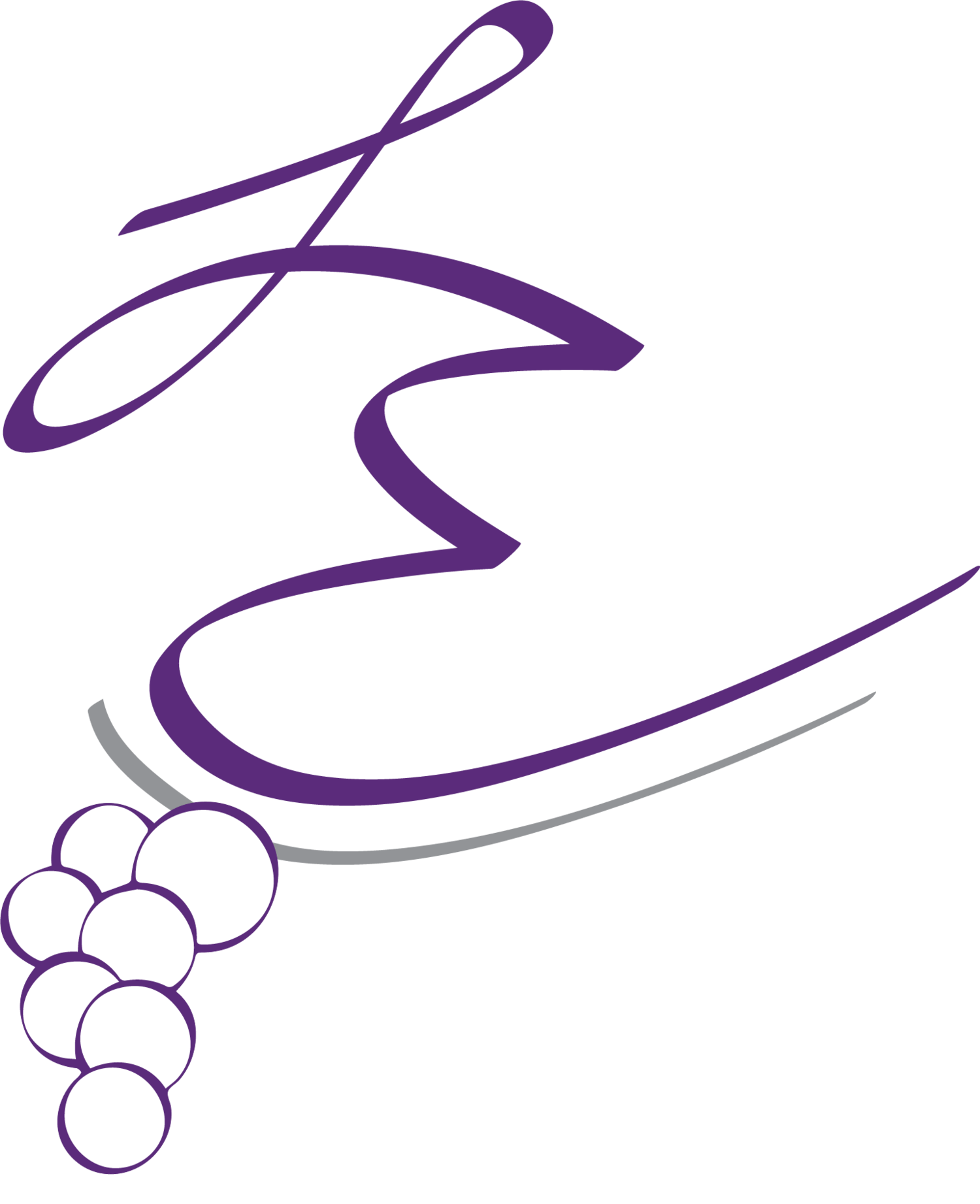December 3, 2024, the Lake Erie Regional Grape Program held our annual Virtual Spray Program for growers across PA and NY. The event was well attended with 52 people tuned in to learn about the latest research to help make their spray program purchasing decisions for the 2025 growing season and earn pesticide recertification credits.
The program began with Bryan Hed, Research Technologist (Plant Pathology), Lake Erie Regional Grape Research and Extension Center. The presentation discussed disease research results and how the chemical classes of older materials compare to the newer materials. Bryan also talked about strategies regarding important sprays for disease management throughout the growing season or what to use under each phenological stage.
The second presentation was by Dave Combs, research support specialist in Dr. Katie Gold’s Grape Pathology Laboratory at Cornell AgriTech, Cornell University. Dave presented his work on chemicals and biopesticides and what they are, what can they do, what can’t they do, etc. He discussed research of different biopesticides and how they can be incorporated into an Integrated Pest Management Program may aid in resistance management and sustainability of chemicals available.
The final presentation of the meeting was given by Megan Luke, Lake Erie Regional Grape Program PSU Viticulture Educator. Megan presented on the EPA’s Endangered Species Act regulation changes for pesticide management and discussed her sprayer calibration work and the importance of regular calibrations.
This meeting was intended to be interactive so that growers had the ability to ask questions concerning specific pest problems or potential problems in the 2025 season. Topics that were addressed included the timing of spray applications at critical growth stages; pesticide options, efficacy; and resistance management. After the two and one-half hours of instruction, the attendees had 30 minutes for questions and answers, in total three hours for the course. The audience was engaged and had great questions for the presenters.
The survey at the end of the program asked questions to measure impacts, and one of the questions was: After today’s program, will you be making changes to your spray program for 2025? There were three multiple-choice options: Yes, No, and Maybe, I need more information. We had ~70% of the attendees complete the survey and no one chose “No” as an answer, indicating that they found the information provided helpful to their spray program and they would be making changes. Another survey question was: After seeing Dave Combs’ presentation on biopesticide research, will you be adding any biopesticides into your spray program? And only three attendees decided that they would not be adding them. The rest of the respondents will be or, and 59% chose: Maybe, I am intrigued by how well they have performed over the past five years in the study. Regarding Megan’s information on the EPA ESA’s regulation changes, we asked: Do you feel confident of where to go to get Bulletins Live! Two information? We were pleased that 86% of the respondents learned where to find it and were confident that they would be prepared. I was watching the results in real-time, and we were able to go back over where to find that information to ensure that respondents walked away prepared for the changes. The overall comments about this program were very positive and thankful for the information. We have received requests from those who heard about the program less than 12 hours after it occurred to be able to access the information without credits. The Lake Erie Regional Grape Program has reopened the registration for those who wish to purchase the three-hour recording of the program, the PDFs of the presenter’s slides with all of their information, and the form to help with EPA ESA’s regulation changes for the nominal fee of $20. We are very proud of this event and how well it was received, and extremely grateful for the presenters’ knowledge and willingness to share it with our grower stakeholders.
Cornell University’s Land-Grant mission—which encompasses research, education, and extension programs—allows for the creation and dissemination of knowledge that improves lives for not only citizens of New York and in our case PA, but also the nation and people around the globe. Our history is rich with community partnerships to explore ideas and solve complex problems, taking our discoveries and insights to our stakeholders and using what we learn in the field back to our labs and classrooms on campus. Cornell CALS is home to several world-class outreach and extension programs that directly serve the public, sharing knowledge and best practices throughout New York and Pennsylvania. Read more about Cornell University’s Land-Grant commitment.

